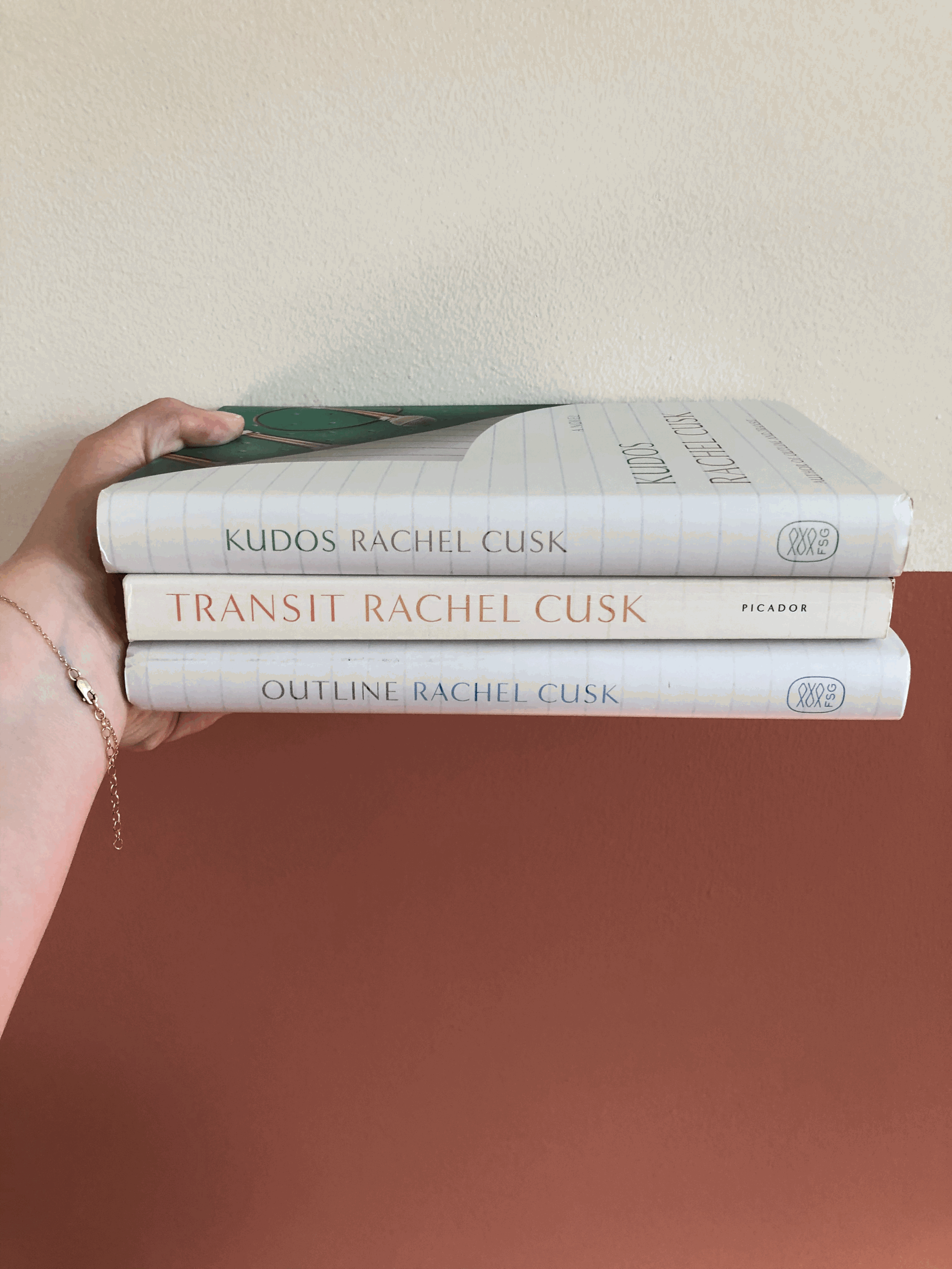Rachel Cusk & The Sanctity of the Writer’s Room
Does motherhood mean sacrificing writing space?Recently, I got engaged, and soon thereafter my fiancé and I moved in together.
I had expected this move to be par-for-the-course, just another link in a chain of domestic transitions that stretches over a decade in the rearview, the length of my entire adult existence.
But instead of a routine change—a calm day’s ferry from one seaside town to the next—I found myself weathering the chaos of a sudden storm, less a passage from one place to another than an entire transformation in the conditions of living:
The kind of storm that is followed by a sun rising over a remade world.
I had failed, I now realize, to account for my fiancé’s separate personhood. Moving in with him was a change in the landscape, one that I, a sailor anxiously scanning the horizon, began to fear may have been ill-fated. The omens were all around me: his boxes, packed haphazardly; his possessions, duplicative of my own and yet somehow still important; his cats—the animal progeny of a long-gone former girlfriend—shedding hair all over my books.
For love I would lose the hallowed, Woolfian room of my own. I might as well have agreed to stop existing.
Worst of all, though, was a reality I had not previously allowed myself to consider for fear of turning back: in our two-bedroom apartment, I would have to share with him both rooms, a change that amounted to the destruction of my own solo office space, a place wherein I was accustomed to storing my sacred inner self.
For love I would lose the hallowed, Woolfian room of my own.
I might as well have agreed to stop existing.
I feared the inexorable slide into domesticity, that this initial capitulation was only the first in an ongoing campaign that would hollow out my personhood, confining my own ambitions to the interstices of other people’s aims. It seemed a dangerous precedent to set.
As a solution, we reached the following compromise: during the day, the room would function as my own, featuring a downsized writer’s desk and a small rolling shelf upon which to leave my papers and books. At the end of the workday, the room would become my fiancé’s to exercise in, and, when necessary, the futon would fold out to deliver the space to guests, of which there have blessedly been none so far.
Even so, during the day with the door closed behind me and the room to myself, I can sometimes feel his energy radiating around the space, breaching the walls and bleeding into my psyche, a high-pitched sound that only I can hear.
I forget, I suppose, the loneliness that once inhabited all my extra rooms.
*
Two years ago today, the Harry Ransom Center at UT Austin acquired the papers of author Rachel Cusk—of which there weren’t, as it turns out, all that very many. Cusk is an incredibly famous author: her Outline trilogy is a critically acclaimed triptych of books that popularizes and epitomizes contemporary literature’s autofictional turn.
So why, we might ask, doesn’t she have manuscripts, notebooks, cocktail napkins—all the anticipated ephemera of the working writer?
The answer? Because she is a mother.
In a brief essay for the Ransom Center Magazine, Cusk explains a phenomenon she calls “the weather of domestic life:”
“Most of my work has been written while bringing up children: I have had very little time alone and have had to hold a great deal in my head. . . . My physical world was fragmented, scattered everywhere by the weather of domestic life and its cycles of servitude and change and destruction and renewal.”
Cusk’s writing life has lacked a room of her own. Contrary to what I was expecting, however, she reports that the result of this wasn’t a diminishment of self but instead its fortification: her space may have been crowded, but her mind remained her own. The books? She held them in her head. More, even, than safeguarding her work, this domestic weather forced her to inhabit it.
“Against the force of emergency – of enactment, of ‘live action’ – that runs so strongly through family life, I could never exert myself to defend the dead testimonials to my past work. And perhaps my work became a living thing to me in a way it otherwise wouldn’t have done.”
I have taken comfort in Cusk’s words. She has produced great genius, and she has done so from within the tumbledown tumult of domestic life.
And she’s right, I think. A room is not a magic art-making machine. It’s just a place, capable of counting as sanctuary or sarcophagus. My work will only die if I let it.
Which leaves me to ask myself: What if I’m trying to bury my career in a baby?What if in motherhood I am looking for an unimpeachable excuse to stop working?
